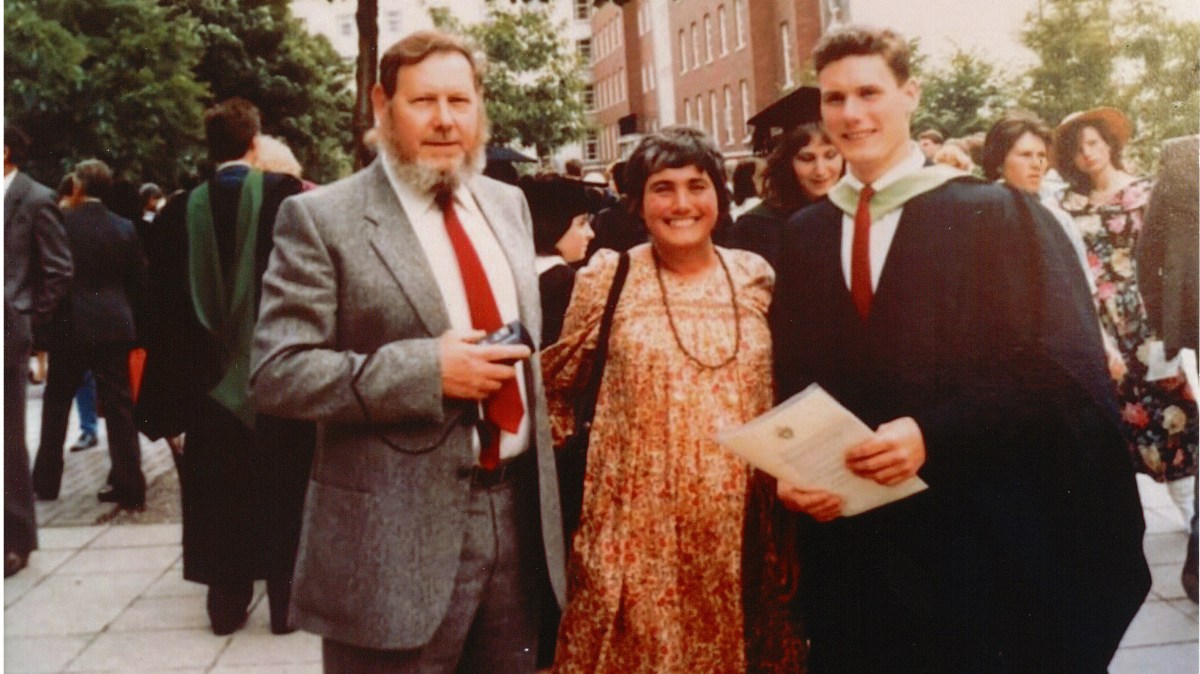Sir Keir Starmer gave land to his parents via a trust that meant their estates would never pay inheritance tax on the asset whatever its eventual value, according to legal experts.
The prime minister’s decision to place a seven-acre field within the structure meant its value was excluded from his parents’ estate, of which he was a beneficiary, when they died.
At the time, Starmer could not have known whether the estate would end up avoiding the tax and, if so, by how much. This is because any payment depended on the total wealth his parents left behind and the tax-free allowance available to the estate at the time.
He insists the trust made no difference to the liability and that he gave them the land solely to help them. Yet No 10 repeatedly declined to say why he could not have simply given them the land, or kept it while permitting them to use it.
The field was located behind Starmer’s parents’ home in Oxted, Surrey. He bought it for £20,000 in 1996 and immediately created a trust to place it within, appointing his parents as its beneficiaries. This meant they had a right to the land while they were alive, but did not acquire the legal title. He previously told the parliamentary standards commissioner: “That remained with me.”
The prime minister sold the field, and a small adjacent strip belonging to his father, for £320,000 in 2022. The transaction gave the field a value of around £295,000.
Starmer says he bought the land so his parents could use it as a donkey sanctuary — he has previously spoken about their work caring for animals — and without any tax advantages in mind. The Labour leader’s mother, Josephine, died in 2015. His father, Rodney, died in 2018, at which point the trust automatically dissolved and the land returned to Starmer.
Had Starmer simply given them the land as a gift, it would have formed part of the father’s estate. As executor of the will, he would have been required to have the land valued and to have submitted details to HM Revenue & Customs within a year as part of the probate process.
Yet the nature of the trust meant the land was always deemed to belong to him personally. No valuation of the land was required and it was left out of inheritance tax calculations.
Dan Neidle, of Tax Policy Associates, described the arrangement as a “tax-efficient structure for Mr Starmer”, adding that the law meant, in effect, “the field belonged to his parents during their life, but wouldn’t be subject to inheritance tax when they died”.
Starmer has condemned legal tax avoidance. When running for the Labour leadership, he said: “We need to clamp down on tax avoidance — by companies and individuals — which costs the taxpayer billions.” In opposition, he said: “I think it’s pretty simple: those in charge of taxation can’t also be seeking to avoid it.”

The Starmers are in Liverpool for Labour Party conference this week
SUNDAY TIMES PHOTOGRAPHER JACK HILL
The relevant legislation is Section 54 of the Inheritance Tax 1984, which outlines what happens if the beneficiary of a trust dies and the asset within it returns to the “settlor”: the person who created the trust. If the settlor is still alive, “the value of the settled property shall be left out of account in determining … the value of the deceased’s estate”.
According to probate documents, Starmer’s father’s estate had a net value of £374,091 on his death in December 2018. The field was first valued ahead of its sale in October 2022. Had it been included at the price for which it was ultimately sold, the size of the estate would have risen to £669,830.
The question of whether this would have tipped the estate into an inheritance tax payment depends on the tax-free allowance his father’s estate received.
At the time Starmer created the trust, in 1996, the basic allowance for inheritance tax was far lower than it is today, at £200,000. Any wealth beyond this point was taxed at 40 per cent. This created a greater incentive for people to engage in estate planning, including through trusts.
By the time Starmer’s father died, the basic allowance had risen to £325,000 — a threshold that has been fixed since its introduction in 2009. His estate would have received a further £125,000 for passing his home onto his children — a reform introduced by the Conservatives in 2017 — and as much as £425,000 in additional allowances transferred from his mother.
Such changes made it far less likely the estate would face a substantial inheritance liability, or any liability at all.
A Downing Street spokesman said: “Keir Starmer bought a field for his parents to use for their donkeys during his parents’ lifetime. He did not give any thought at the time to any tax considerations. His only consideration was the wellbeing of his parents.”
He separately added that, as a result of our inquiries, “Keir Starmer engaged a leading tax KC to give him comprehensive advice on all the taxes paid. He confirmed that there had been absolutely no underpayment of taxes.”

